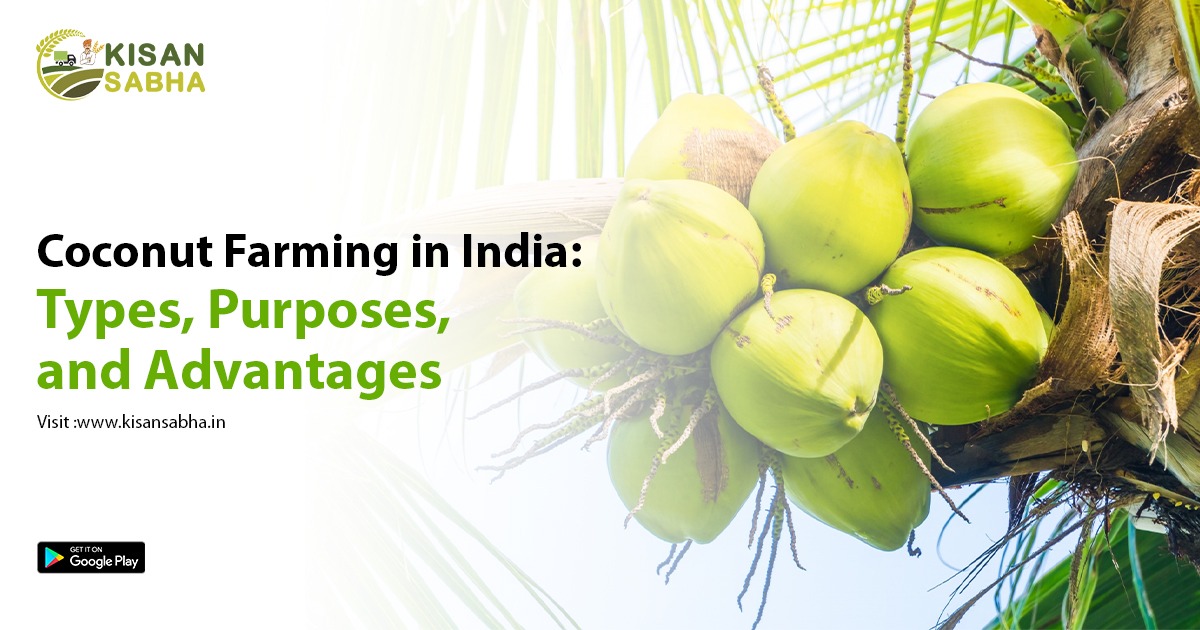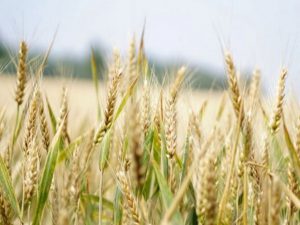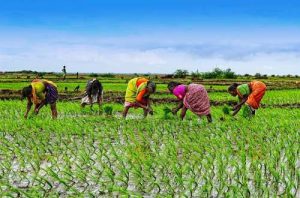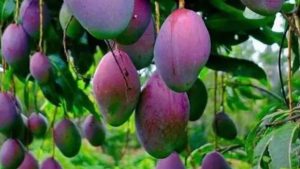Coconut farming is a consistently successful economic venture for Indian farmers. The Asian economy depends heavily on coconut. Tropical regions are where it is typically produced. India is also the third-largest exporter of coconuts, behind the Philippines and Indonesia. In addition to being extensively used, copra and coconut oil are also used in the production of soaps, medications, cosmetics, hair oils, and other commercial goods. Fiber from coconut husk is primarily used in the coir business. Coconut water, a common thirst quencher, gets its health and hygiene benefits from a tender kernel. In India as a whole, it is a well-known industry.
Furthermore, coconut has many applications and health advantages, which raises global demand for it. The farmer’s profit is greatly increased by the fact that coconut cultivation can produce fruit for up to 80 years. The coconut tree is also known as the “tree of life” or “Kalpavriksha” among the various members of the palm family because of the countless beneficial products that are derived from its various parts and which help ensure human existence on earth.
The value-added goods obtained from coconuts also consist of coconut water, coconut oil, virgin coconut oil, coconut meat, coconut milk, coconut desiccated powder, and coconut flour.
Varieties Of Coconut
Tall variety: This is the most widely used variety in commercial coconut production. It can reach a height of 30 meters and produces larger nuts.
Dwarf variety: This variety is more commonly used in home gardens and can reach a height of 6-8 meters.
Green variety: Grown primarily for ornamental purposes, this variety does not bear nuts.
Yellow variety: The yellow colour of the husk distinguishes this coconut variety.
The red variety is distinguished by its red husk.
The “Jamaican Tall” or “Jamaican Dwarf” variety is also known as the “King” variety. It is well-known for its high yield.
Malayan Dwarf coconut tree: This is a small, compact coconut tree that is commonly used in home gardens and indoor cultivation.
West African Tall variety: This variety is mainly distinguished by its tall and slender stature, as well as the large nuts it yields.
The Advantages of Coconut Farming in India
The coconut tree contributes every inch of its life to your benefit, making it more useful. It provides highly nutritious edible seed, construction and furniture materials, fiber, coir, medicinal contents, oils, tonics, beverage ingredients, and even dye and facewash.
Coconut is a long-term crop that can live for up to 80 years. It provides numerous advantages over time. It matures and grows quickly, within 6 -7 years, and begins yielding almost as soon as it completes its fruitful stand on the earth.
Constant revenue and benefits: The coconut tree is important in regulating India’s economy. Coconut is in high demand because it is a raw material in many industries, including soap, oil, coir, and industrial products. As a result, those who practice coconut farming in India have easy access to the market on a full-time basis, every 45 days or so, to make a good profit.
Low maintenance: Throughout the hot/cold and dry/wet seasons, the coconut palm stands tall and strong. It is well-known for its tough nature and well-structured growth pattern. Coconut palm requires less manure, fertilizers, pesticides, conditions, and water to live a healthy life and provide yield.
Extra benefit from intercrops: Because there is enough space between each coconut tree, the farmer can plant a variety of cash crops to supplement their income. Major crops such as cocoa, pepper, banana, pineapple, and others will allow farmers to better utilize their land and achieve financial stability.
Coconut is a pillar of Indian culture, and no Indian custom or celebration would be complete without it. Coconut is a symbol of good fortune and prosperity in India. Every inauguration, family function, or new beginning begins with the placement or breaking of a fresh piece of coconut in the hope of a brighter future.
Overall, coconut cultivation is an essential agricultural practice in India that helps farmers, rural communities, the economy, and the ecosystem.




